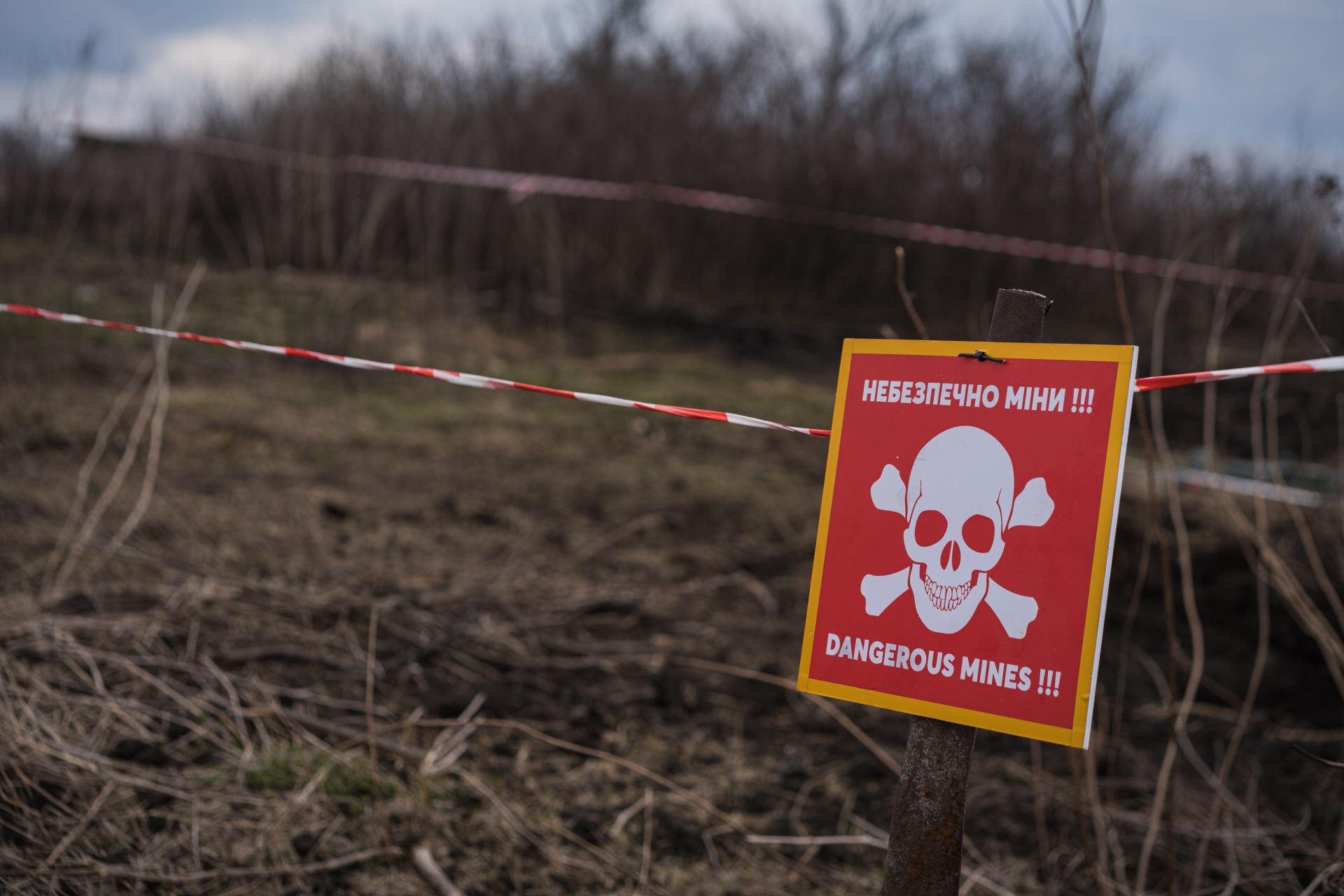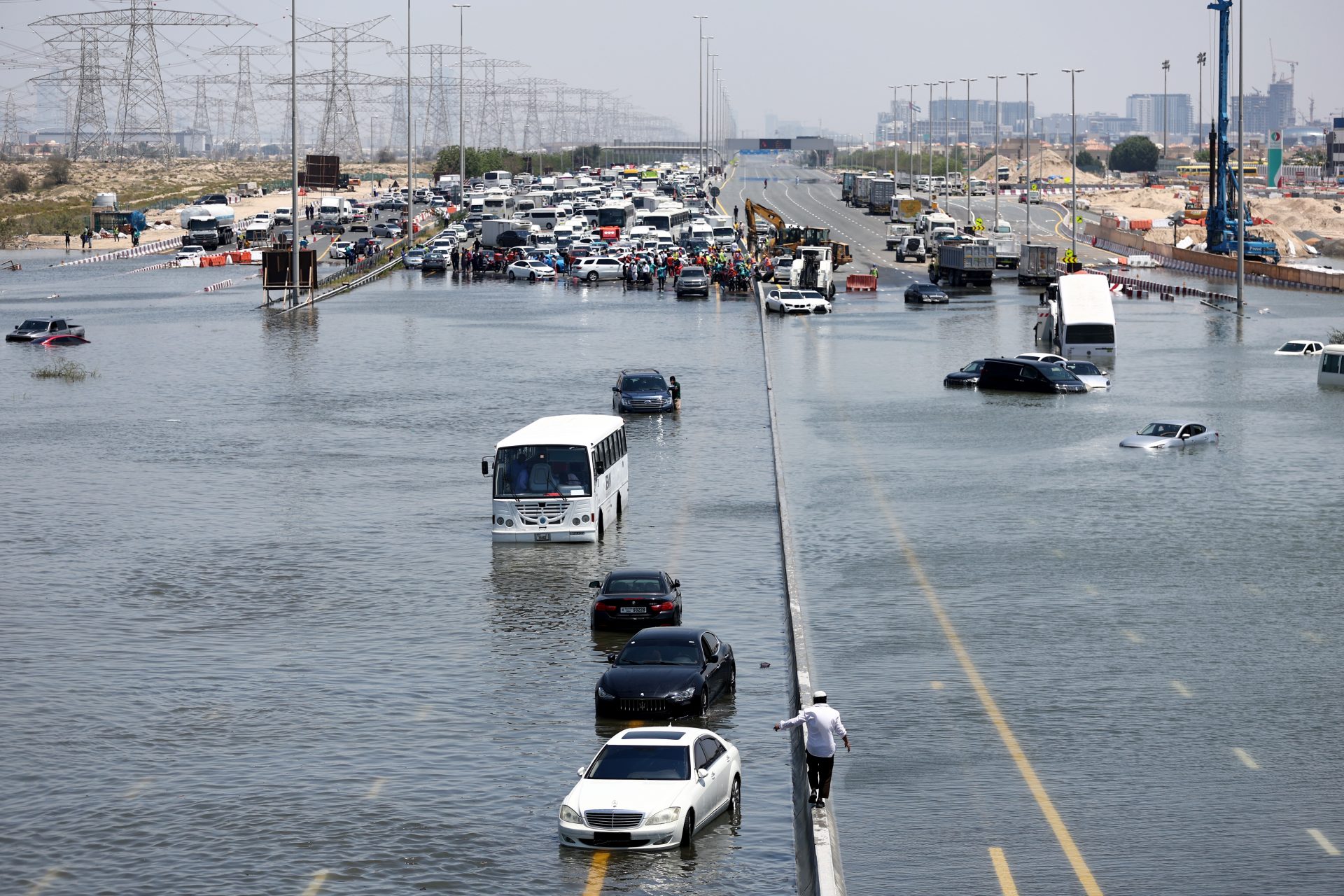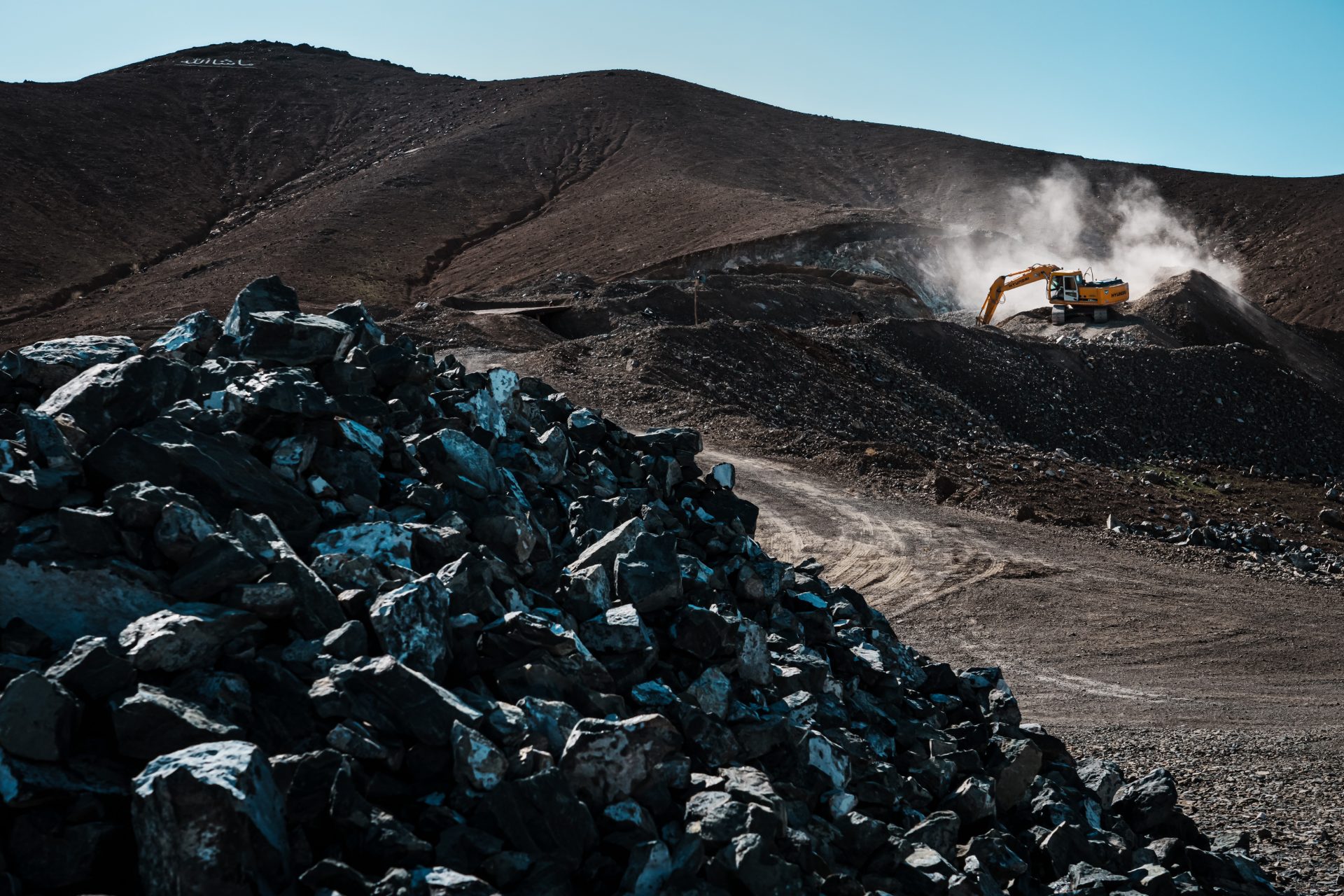Simple actions to reduce your carbon footprint
Global warming is progressing year after year in an agonizing way. Although it is alarming it is never to late to do your part.
Your individual actions and changes in many consumption habits can contribute to a significant reduction in greenhouse gas emissions. From transportation to food, energy and housing: we will tell you everything you need to know.
In a study entitled “Doing Your Fair Share” published in 2019, the company Carbone 4 detailed the possible contribution of behavioral changes at the individual level in reducing global CO2 emissions.
The document is based on the average consumption profile of the French and on the objectives set by the Paris agreements, i.e. 2 tonnes emitted per year and per inhabitant, compared to 9.9 in a country like France in 2019.
Adopting a vegetarian diet, totally eliminating meat and fish is a powerful action, that is relatively easy to do.
If we all became vegetarian it would induce a reduction in emissions of 1.3 tonnes per year and per person.
The second most powerful action concerns the heating of housing. This involves more than just turning down that thermostat.
Undertaking thermal renovation work (for example with the installation of a heat pump) or changing the boiler (by eliminating oil-fired models) has a downward impact on emissions of no less than 1.2 tonnes per year and per person.
Fuels made from fossil fuels such as oil or gas are responsible for a large part of individual emissions.
Replacing a petrol car with an electric model can save the atmosphere 800 kilos of CO2 per year and per inhabitant.
Systematically using the bicycle instead of the car for short trips, especially in town, could reduce CO2 emissions by up to 320 kilos per year and per person.
Image: Mark Stosberg / Unsplash
Not only is using a bicycle good for the environment, it's pleasant and excellent for your health!
For longer journeys, replacing the private car with carpooling in an effective measure.
Carpooling could reduce emissions by 270 kilos per year and per inhabitant. A way to get around that also saves money!
On par with carpooling (270 kilos per year and per inhabitant), we find air transport, regularly criticized for being a massive emitter of CO2.
A reduction of this magnitude, however, would require giving up flying entirely, and therefore no longer traveling to certain distant destinations.
It is also possible to reduce emissions through daily consumption behavior. An easy way to do this is to buy fewer new clothes.
Buying fewer new clothes, for example by favoring second-hand clothes, has a positive impact, with no less than 220 kilos of CO2 saved per year and inhabitant.
To reduce emissions related to the transport of goods, consuming locally produced food is a very effective measure.
Eating local in practice represents a reduction of 170 kilos of emissions per year and per person. And it's also an opportunity to support farmers near you!
Other practices have been identified as likely to significantly reduce our individual carbon footprint: lowering the heating temperature in one's home, but also buying exclusively second-hand computer equipment and household appliances.
Finally, practicing zero waste as much as possible is a last lever of action to reduce your carbon footprint. For example, you can recycle or transform certain products or old objects.
The study stresses, however, that this calculation assumes total commitment to the actions mentioned and equal involvement of all citizens – two criteria which are far from being met.
The figures given on the basis of a “realistic” commitment are more modest. Do individual actions against global warming have limits?
This is what the study concludes, since even assuming total commitment by all French people, the reduction in CO2 emissions would only be 2.8 tonnes per year and per inhabitant, a level very insufficient to respect the trajectory provided for by the Paris agreements.
All sectors of activity are therefore affected by the climate challenge. The most important driver of change is the decarbonization of all economic activities, and in particular agriculture, industry, construction and the various modes of transport.
But until the complete transformation of infrastructure, energy sources and human activities, you can assess your own carbon footprint using one of the many simulators that exist online, before taking action. It's your turn!
More for you
Top Stories








































